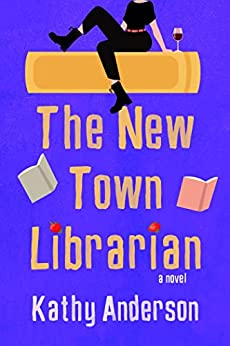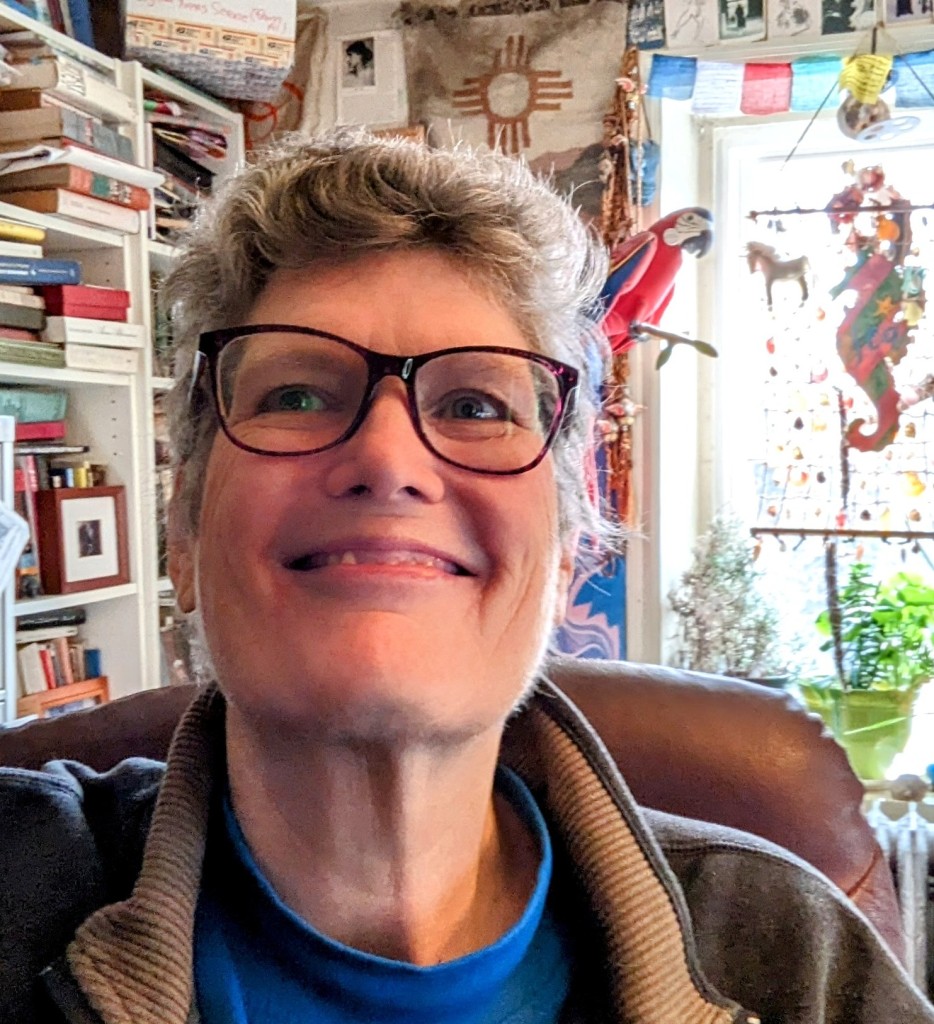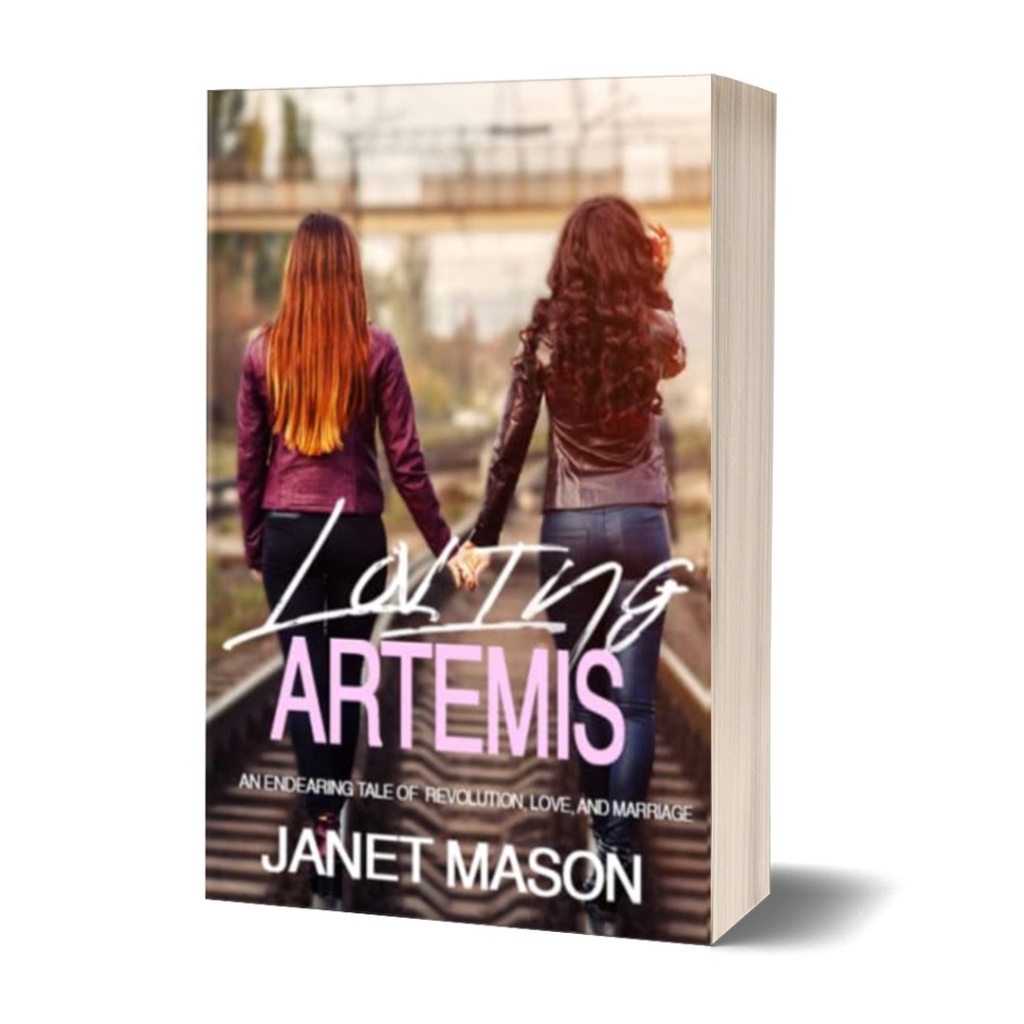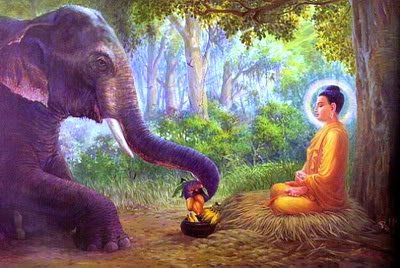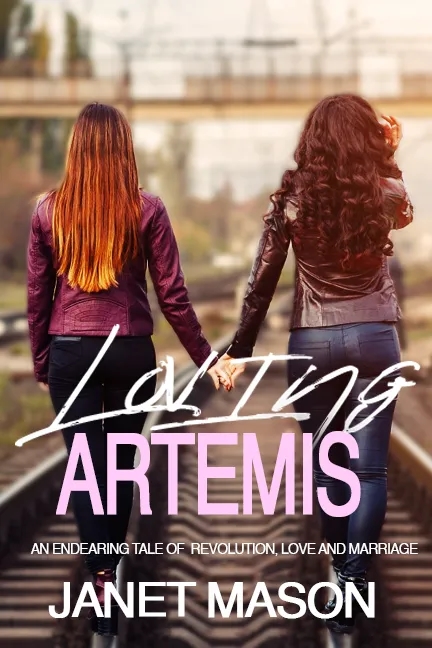In honor of THEY, a biblical tale of secret genders (Adelaide Books — New York; Lisbon) being featured on #IHeartSapphFic as a part of “Against All Odds Week. This piece was first published in aaduna and was nominated for a Pushcart Prize.
The Mother
(sometime early in the first century)
In the beginning was the Mother.
In the womb, Tamar took mental notes. The heavens trembled — at least it felt like the heavens. Maybe it was just gas. The Mother shifted. At first, it was too dark to see. But Tamar could feel. At first it felt like chaos — like everything was unconnected. But then she felt something holding her. A curved wall. She was leaning into it. It was soft and warm. She felt her backbone curve behind her. She was half of a circle. Was she floating? There was a chord attached to her belly. She relaxed once she realized that she wouldn’t float away.
There were appendages coming out from her shoulders. She looked down below the chord. On the lower part of her body there was a small bump and on either side of that were two more appendages. There was liquid all around her. She felt warm and safe. She didn’t have to worry yet about breathing.
Whoosh. She flinched. Slosh. Gurgles whizzed by. There was an abbreviated bubbling. After it repeated three times, she identified the sound as a hiccup. After a few moments, there was silence. Then there was a contented hum coming from the distance. Tamar knew it was the Mother, and it calmed her.

The darkness lifted. She saw a distant light glowing through the pink barrier. She looked down and noticed tiny extremities with red lines moving through them. They were attached to the ends of two appendages, on each side of her. She found that she could move them, as if she were trying to grasp something. She knew that these movements would come in handy later. The light went out. Darkness. Tamar felt herself in her body.
She was perfect.
When she woke again, she blinked for the first time. It felt good so she did it again. The pinkish yellow glow came back. She clenched and unclenched her fingers. She rubbed the short one across the tips of several of the others, and felt a roughness. She felt a nourishment rushing from the chord through her body. And it was good. She went back to sleep for a long while.
When she woke, she stretched and yawned. She saw a pinkish yellow glow. It was faint and came from the other side. She looked toward the light and saw the sack next to her. There was someone inside who looked like her. It even had a light glowing around its edges — just like she did — down its extremities and around its fingers and toes. She remembered now that she had entered one body of two. Her twin was beside her. There was a large, round dome attached to a small body like hers. The big round dome faced her. The eyes looked at her. One blinked and the other stayed open. The two corners of the lips went up. Somehow she knew that this was a smile. Her twin was welcoming her. She wanted to welcome him back, but something stopped her. She didn’t know who her twin was. Was her twin part of her? She wasn’t sure she wanted to be part of someone else. She definitely didn’t want to share her Mother.
There were appendages on both sides of his body. There were five fingers attached to the end of each appendage. The fingers clenched and unclenched. They seemed to wave at her. Tamar thought about waving back, but she didn’t. She wasn’t sure if the thing next to her in the translucent sack could see her. So she pretended that she didn’t see it. Then she looked down and saw something protruding. At first she thought that she was seeing a shadow. She moved her head slightly. The shadow was still there. She looked down at her own body and saw that she also had a third appendage on the lower part of her body. It was much shorter than the two other limbs. She clenched and unclenched her fingers. They were all there — five on each side, including the shorter ones at the ends. None of them had fallen off. She looked down again. Somehow she knew that this protrusion made her a boy and knowing this made her angry.
She knew her name was Tamar, but she had forgotten where it came from. She knew that Tamar was a girl’s name, and that she was a girl. She had a vague memory in her cells that she had come from a single egg, fertilized by a trail of light that had come just for her. And she remembered that another egg, fertilized with its own stream of light, was next to her and that the two eggs had merged. They crossed over and into each other, exchanging some vital information. Tamar’s egg knew that it was female. But it absorbed a sequence of information that told it that its genetic material that it would be male and female. The secret language of the cells said that each of the eggs would be XX and XY.
The thing next to her had a longer protrusion than her. She took comfort in that. Perhaps this meant that she was really a girl after all. But the thing next to her — gradually, she came to think of him as her twin — would most likely be lording his superiority over her forever.
On the sides of the protrusion were two lower appendages. She found that she could use her mind to stretch them. And once she stretched them, she realized that these were her legs and that her feet were attached to the ends of them. She kicked at the inside of the pink cushion that surrounded her.
“Ow,” said a woman’s voice. It was the voice of the Mother. Tamar knew that she had to get the Mother’s attention first. She kicked again.
This time she felt a gentle hand push down on the other side of the pink cushion. Her twin nudged the Mother back.
“What are you trying to tell me, my son?” asked Mother.
I’m a girl — a girl just like you Mother, Tamar tried to say. But speech eluded her. She had yet to utter her first cry. But she had to get Mothers attention —
to read the entire piece in aadduna, click here
To learn more about my novel THEY, a biblical tale of secret genders (published by Adelaide Books New York/Lisbon), click here.
For more information on #IHeartSapphFic as a part of “Against All Odds Week, click here: bit.ly/3SAhClO

